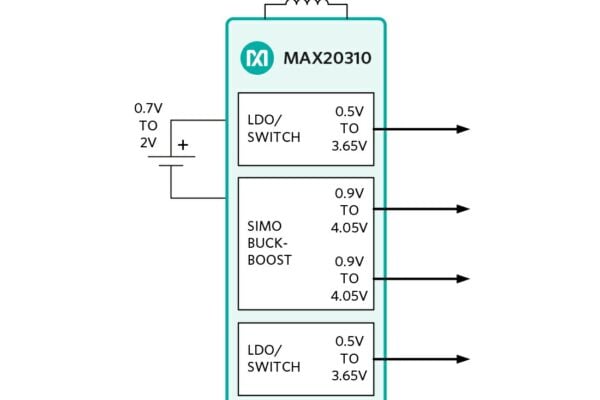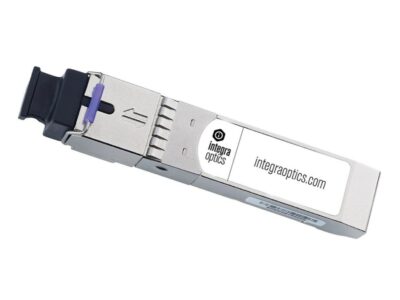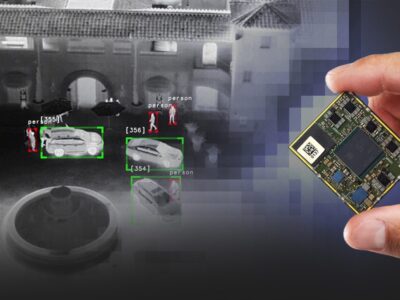
PMIC reduces cuts footprint of wearable medical and fitness design in half
The MAX20310 ultra-low quiescent current (IQ) power management integrated circuit (PMIC) supports a low input voltage of just 0.7V for new high-energy density battery architectures such as Zinc Air and Silver Oxide, as well as the more common alkaline battery architecture.
With personal and remote monitoring gaining traction, reducing size and extending battery life are critical benefits. For example, a report by Allied Market Research projects that the global remote patient monitoring market is expected to grow at a compound annual growth rate (CAGR) of 17% to reach $2.13 billion by 2022. There are several factors to consider when designing for wearable medical and fitness applications, including ultra-small form factor and longer battery life. However, designers typically need discrete components to build a sophisticated power tree which can take up precious board space, consume high quiescent current, and burn through battery life when the device is in sleep mode. In clinical environments, there are additional challenges as rechargeable solutions involve contacts, clips, and charging ports where germs may linger.
Using a novel single-inductor multiple-output (SIMO) architecture, the MAX20310 integrates four power outputs from a single inductor each with ultra-low quiescent current performance. This high integration reduces solution size by half over comparable discrete solutions, consuming over 40% less quiescent current and improving battery life as a result. In clinical environments, primary cell architectures can create hermetically sealed units to safely disinfect between use or even dispose of completely to inhibit patient-to-patient infection. The MAX20310 is suited to non-rechargeable medical patches, environmental and equipment monitoring, and discrete sensors for industrial internet of things (IIoT). Operating over the -40 ºC to +85 ºC, the MAX20310 is available in a 1.63mm x 1.63mm wafer-level package (WLP).
“This ultra-small wearable PMIC allows for patient comfort, particularly when it comes to devices which must be worn 24 hours a day, 7 days a week,” said Frank Dowling, Director for Industrial & Healthcare at Maxim Integrated. “It also improves active runtime for longer battery life, another essential component for wearable applications.”
An evaluation kit is also available (MAX20310EVKIT#) and pricing is on requrest.
Related stories:
- MAXIM LAUNCHES NANOPOWER RANGE WITH BOOST REGULATOR FOR SMALLEST WEARABLE AND CONSUMER IOT DESIGNS
- DEFIBRILLATION AND ESD PROTECTION FOR MEDICAL DESIGNS WITH 100X LESS LEAKAGE CURRENT
- WEARABLES DEV BOARD LINKS POWER MANAGEMENT TO CORTEX-M4F MCU
 If you enjoyed this article, you will like the following ones: don't miss them by subscribing to :
eeNews on Google News
If you enjoyed this article, you will like the following ones: don't miss them by subscribing to :
eeNews on Google News




